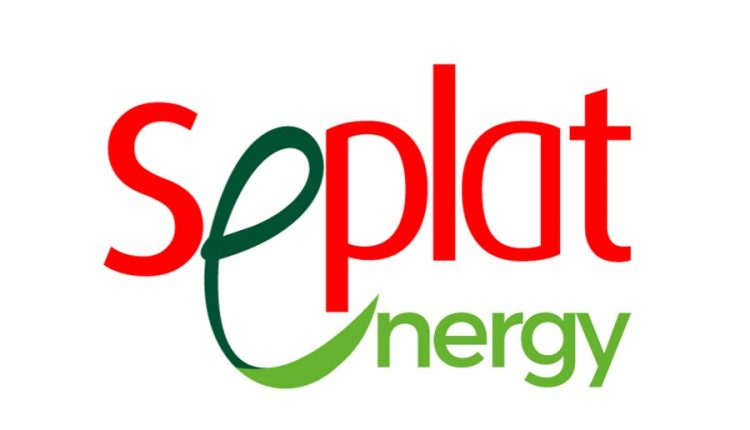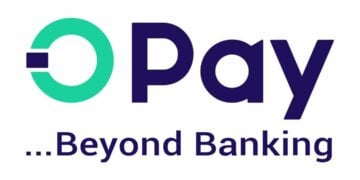Seplat Energy Plc said, the execution of corporate social investment (CSI) programmes in oil and gas producing communities as well as empowerment of their people is capable of promoting stability in the energy sector and ensuring security of critical national assets.
Chief operating officer, Seplat Energy, Mr. Samson Ezugworie said this during the Society of Petroleum Engineers Oloibiri Lecture Series and Energy Forum (SPE OLEF) 2024 organised by SPE Nigeria Council in Abuja, with the theme ‘Stability in the Energy Sector: Integrated Strategies for Infrastructure, Transportation and Security.’
Ezugworie, who spoke during the Energy Forum Discussion Session, said operators and the energy industry at large must refocus on sustainability and think long-term.
“In tackling security and ensuring stability in our industry, we must ‘think sustainability’ and operate responsibly. In doing this, we must collaborate; as we can impact our people and communities more collaboratively,” he advised.
Identifying the various social investment programmes executed by Seplat Energy yearly in communities where it has operations, Ezugworie said, health, educational, infrastructural and skills/knowledge interventions are executed as part and parcel of business strategy, which is in tune with Seplat Energy’s sustainability journey.
He commended the Nigerian National Petroleum Company Limited (NNPCL) and the government for their efforts in securing the oil and gas assets in the country, adding that, there are opportunities to do more to further ensure a more stable industry.
He also identified the divestment programmes of the international oil companies (IOC) as also key in the quest to stabilise the country’s oil and gas sector, saying, successful completion of the programmes are capable of creating and retaining more value for the industry and the Nigerian economy at large as is evident in success stories of Seplat Energy and other indigenous operators that have recorded giant strides over the years.
Stressing the need for Nigeria to secure its critical national assets like oil and gas pipelines, Ezugworie said pipeline inspections via sensors, drones and robots, amongst others, are essential.
Despite the fact that these technologies can detect and locate defects, anomalies, and threats in real time, and provide data and feedback for maintenance and repair, Ezugworie said, there is the need for improved response time to actually address the challenges.
He added that, “if you look at what the NNPCL is doing today to combat oil theft, you will see that the journey has already started. The platforms have been built for the collaboration among stakeholders to thrive. But we still see some of these threats recurring.
“In the area of collaboration, we need to improve more when it comes to intelligence sharing. Strong collaboration between government agencies is also very key. The relationship between these government agencies should be very cordial to boost response time when the need arises.”





